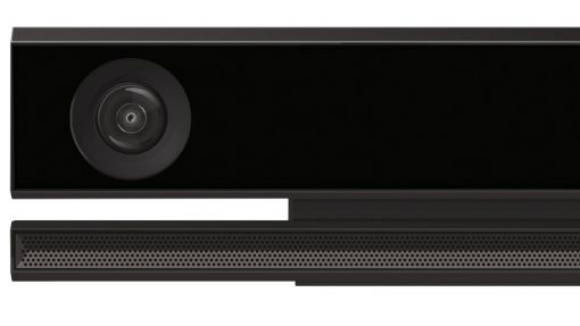Microsoft: Don't panic - Xbox One Kinect won't harvest your data for advertising
Calm yo'selves

Kinect is not a marketing spy, says Microsoft, after reports that the Xbox One peripheral could be used to harvest advertising data from users.
After Advertising Age reported a quote from Microsoft's Marketing and Strategy VP Yusuf Mehdi's presentation at a marketing conference, where it sounded a lot like Kinect will be used for some sneaky market research.
"We have a pretty unique position at Microsoft because of what we do with digital, we well as more and more with television because of Xbox," he said.
"It's early days, but we're starting to put that together in more of a unifying way, and hopefully at some point we can start to offer that to advertisers broadly."
Oosh, way to start the fire. But according to Microsoft this was nothing to do with Kinect and simply a reference to the way content could be carried across different platforms such as SmartGlass.
Major Nelson: Activate
Microsoft's Larry "Major Nelson" Hryb took to Twitter to calm fears. "We are seeking a correction to the Ad Age story that quotes Yusuf," he said.
"Tl;dr We do not collect information to share or sell. You are fully in control of your personal data. Your privacy is important to us."
Get daily insight, inspiration and deals in your inbox
Sign up for breaking news, reviews, opinion, top tech deals, and more.
Director of Product Planning Albert Penello went on NeoGAF last week to tell users that Kinect did not have adverts on the brain.
- Microsoft recently opened up the brains of the new Kinect - see what's inside
Hugh Langley is the ex-News Editor of TechRadar. He had written for many magazines and websites including Business Insider, The Telegraph, IGN, Gizmodo, Entrepreneur Magazine, WIRED (UK), TrustedReviews, Business Insider Australia, Business Insider India, Business Insider Singapore, Wareable, The Ambient and more.
Hugh is now a correspondent at Business Insider covering Google and Alphabet, and has the unfortunate distinction of accidentally linking the TechRadar homepage to a rival publication.
